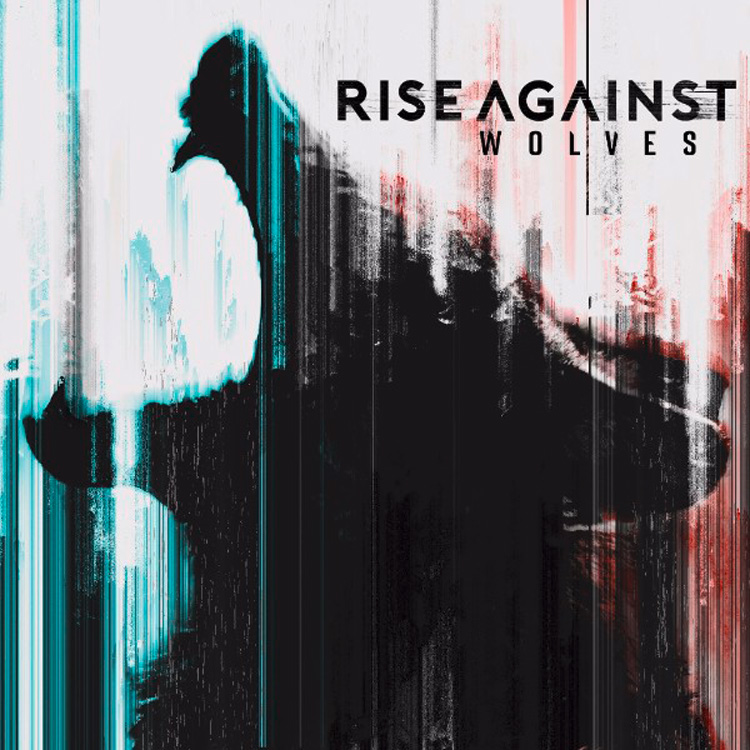The classification of punk music is totally subjective. What do The Ramones, The Clash and The Sex Pistols share in common? Who’s more punk out of Blink 182 or the Rage Against The Machine? To me, the two essential elements of good punk music are speed and political content.
Rise Against have both. Since discovering them in my early teens, they have long been one of my favourite bands. I’ve seen them more than any other international act (Powerstation 2009, Big Day Out 2010, Logan Campbell Centre 2011, and opening for Foo Fighters 2015), and they also take up the most space in my record collection (alongside Biffy Clyro).
But to be honest, I wasn’t so keen on their latest album. I won’t go so far as to say they sold-out, but Appeal To Reason signaled a tipping point for the band once they had signed to a major label, and since then their sound became steadily more accessible. This culminated in their last release, The Black Market, lacking the edge that the band once had.
Thankfully, album number eight, Wolves, feels more raw than the polished radio-rock that the band had churned out over the past few releases. I doubt we will ever hear a true return to their hardcore roots, but the pop sheen on this record is thankfully less noticeable. I didn’t have high hopes on first listen, having not thought much of their previous record, but thankfully Wolves proved instantly likable.
It’s the same familiar Rise Against. They’ve transcended their underground roots to create a melodic-hardcore-come-arena-rock style that has boosted them to prominence. And I do not begrudge them for their success. But I do feel that a special connection to the band has been lost since they started gaining more dominance on the airwaves.
I stated before that I think political content is a vital aspect of good punk music. Rise Against have always toed the line well in this regard – writing lyrics that allude to their personal and political values without being overt enough to ostracize their increasingly mainstream fan base. Just a handful of topics they’ve touched on in the past include treatment of animals (many of the band members are vegan), people (refugees, the LGBT community) and the fallout of war (including the impacts on both soldiers and civilians involved).
In his typical fashion, on Wolves singer Tim McIlrath cries out against injustice with a fervent fire. One could attribute inspiration to a certain orange-tinted world leader, but in reality corruption and oppression will always exist, regardless of who runs the government. Wolves features a theme of rallying the people to stand as one against ambiguous powers-that-be. Both relevant and vague enough for most people to relate to. And how can one not be drawn to that call to humanity that all of us possess?
Plus they have lots of “whoas”. “Whoas” are freaking awesome, and the perfect invitation from a band to have you sing along. Just ask The Casualties.
I find it hard to define my overall verdict. Wolves is actually great. I love Rise Against, and will always hold them dear as an important building block in my musical education. But I’m not sure that I needed another album from them. I like Wolves, but chances are high that if I’m hoping for my Rise Against fix I will overlook it and reach for one of their older records.
Joseph James


